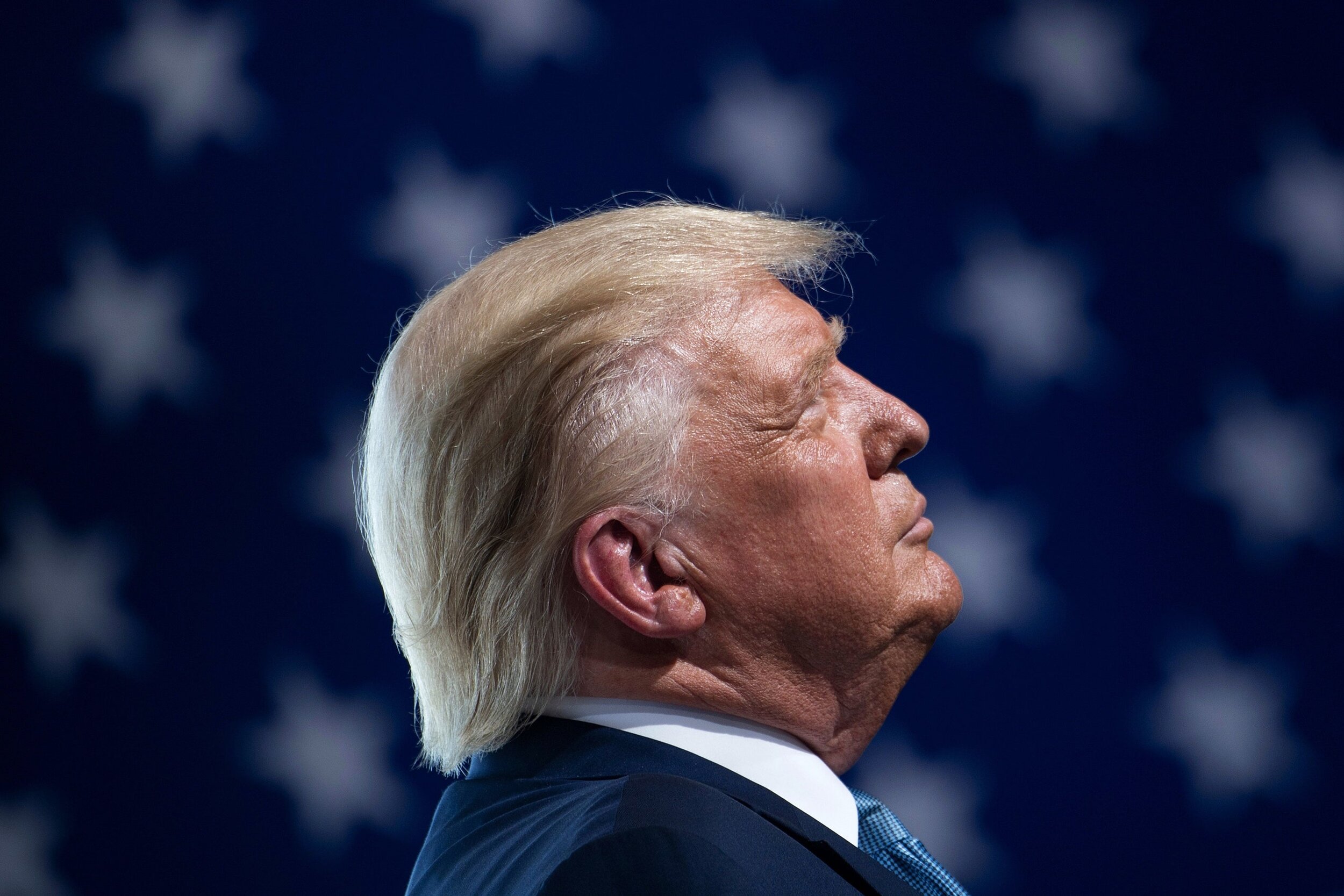Great, really great, it's just great
Oct 20, 2016
IN THE final U.S. presidential debate, Donald Trump’s fingers linger over the self-destruct buttons and he mumbles semi-coherently about how great, really great, he would be as President, and how he would make things great, really great, and how his healthcare plan would also be really great, and how he has a really great plan to harness the great power of great American businesses.
Trump is convinced that righteousness is on his side and so the only way he can possibly be defeated is by vote-rigging, perfidious media bias and the nefarious deeds of his opponent. And he is basically pissing in the water supplies and stuffing rotting fish in the pipes and shitting on the carpets and generally bringing disgrace to an already discredited democratic system.
And yet despite all this, you can guarantee that more than 40 percent of voters will still choose him. Completely unelectable by any reasonable standard, he has bypassed all notions of respectability and responsibility and instead jabbed his screwdriver directly into the socket of middle America, successfully whipping up several million gun-toting paranoiacs into a conspiratorial frenzy. He will very probably be defeated by a relatively large margin, but that doesn’t offer much reassurance. Vast chunks of the country, terrified about the future, have been allowed to drift out to the extremes, and one wonders what could possibly be done to pull them back.
A recent London Review of Books essay about Heidegger’s Black Notebooks somehow segued into a discussion about Donald Trump. Trump “is not so much America’s Hitler as an American Heidegger,” writes Malcolm Bull. He backs this up, not entirely convincingly, with a quote from the German philosopher about choosing between “the will to greatness and the acceptance of decline”, which he then compares with Trump’s position as a “self-appointed expert on greatness” and his desire to “make America great again”.
Bull wants to persuade us that Trump’s language owes something to Heidegger’s conception of greatness, which can somehow be willed into existence. “Wer das Größe wirklich sehen will, muß selbst Größe haben,” wrote Heidegger during the heights of his Nazi-inspired frenzies: he who really wants to see greatness must himself be great.
Fascinating though all this was, I didn’t quite buy it. Say what you want about Heidegger, but he put a lot of thought into his ideas. Trump’s will-to-greatness is nothing more than a substitute for ideology, and a substitute for reasoned argument. As for the rest of Trump’s political platform, it seems he has stumbled upon a classically demagogic formula that shores up support from the disaffected right-wing fringe by rejecting the terminology of the establishment and blaming everything on easily identifiable scapegoats - including Mexicans and Muslims.
Trump doesn’t represent greatness so much as grossness. He is the sina qua non (or perhaps the lowest common denominator) of capitalist vulgarity - a funfair barker, a snake-oil peddler, a self-aggrandising kitsch merchant selling expensive but gaudy gold trinkets to the deluded population. He makes Ross Perot look like Franklin D. Roosevelt, and yet he continues to rise and rise.
One could suggest that politicians reflect a culture’s prevailing philosophical atmosphere, that they are the demotic and practical manifestation of History with a capital H. But the more worrying interpretation is that it is the other way around, that politics comes first and the broader political environment creates its own philosophical justifications.
Heidegger sought to bring out the “inner truth and greatness” of a National Socialist movement that was only accidentally expressed by Hitler himself. History remembers him above all else as Hitler’s dupe.
Will a philosopher ever seek to bring out the “inner truth and greatness” of an era that votes in large numbers for Trump? Time, I suppose, will tell.



